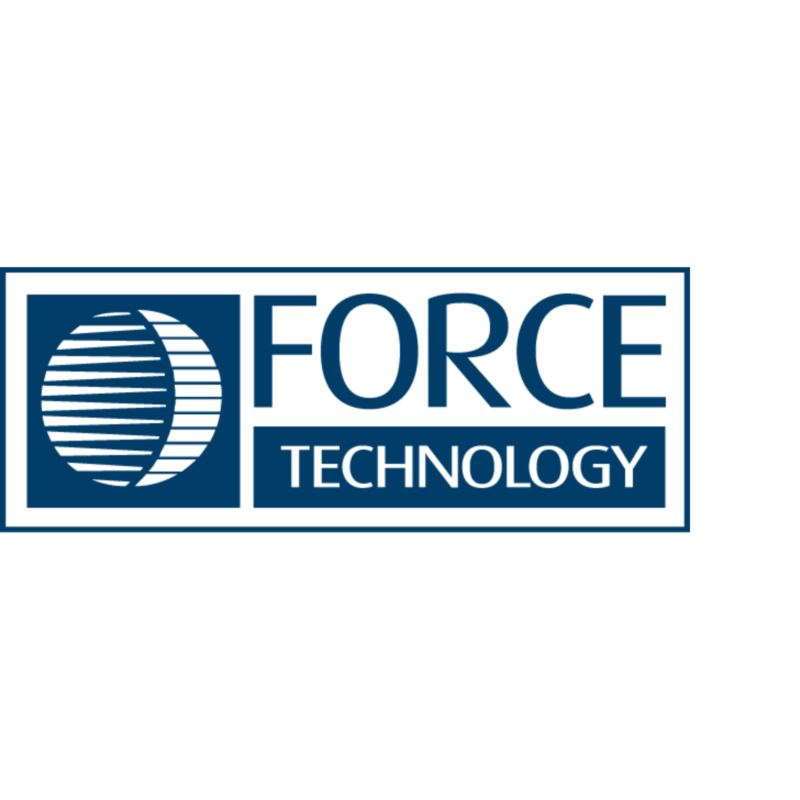T-Systems is a B2B division of the German company Deutsche Telekom, the biggest telecommunication company in Europe and the third biggest worldwide. Their data scientist Dandan Wang sat down with us to discuss the connector certification as well as the company’s plans for the data economy in the coming years. “We provide telecommunication and connectivity for companies, that means we have a lot of experience in handling huge amounts of data.” Communication, data transfer and data storage are their expertise. Central to this is a reliable server infrastructure – the company operates 16 data centers globally.
Reliable core connector for certification
“Some think this is not directly related to data spaces, but it is,” Dandan stresses. T-Systems is managing the IT service in data spaces for small and large companies and for research institutions. The connector is at the heart of it. That is the reason they want to get it certified. And “IDSA is the first on the market to provide a clear path to certification”. Now they can follow the process, submit the documentation, and start the application.
Certification “is also very good for the value proposition of our product, at the same time I think that it allows us to further distinguish our connector offering.” In the end, T-Systems does not want to be a data space participants like data provider or data user, —T-Systems is aiming to be a trusted service provider to data space participants as well as data space operator. Data connectors, among other technical components, are essential to make sure that all services can be used by anybody, anywhere. They see their role as similar to the one in their telephone business: A client who wants to make a phone call, does not need any expertise or technical knowledge, just a phone and the number, they provide the underlying services.
Designing a suitable offering
T-Systems launched its first data space product, Data Intelligence Hub, in 2018, the first market-ready product based on IDSA’s Reference Architecture. Since then, other projects have followed (including the lighthouse project Catena-X) and their connectors transferred enormous amounts of data in each of them. Dandan knows they are on the right track when another use case participant says: “I don’t need to do anything, I just need to tell you where my data is!” Their customer-centric offerings release customers from worrying about how to onboard to data space. The mission is to provide a data space ecosystem to the customer on their terms – for their needs and constraints in terms of efficiency, scale, and price.
“We’d like our connector to become a mass product.”
All this needs trust. And the starting point is always the data connector. That is why certification is such an important part of the process. T-Systems will submit information to show they did the work and are fully reliable. There are different connector types in the growing market making the transfer of data between them not necessarily automatic. Interoperability between data sharing ecosystems is still a challenge. For that, T-Systems is working on their managed connector version which has big business value especially the current and near future market is not yet standardized. For now, Dandan says we need to talk about connectors and certification as much as possible because more and more companies will be interested to join the data economy and should know about the IDS approach.
To learn more about the IDS Certification Award candidates, visit our blog:









